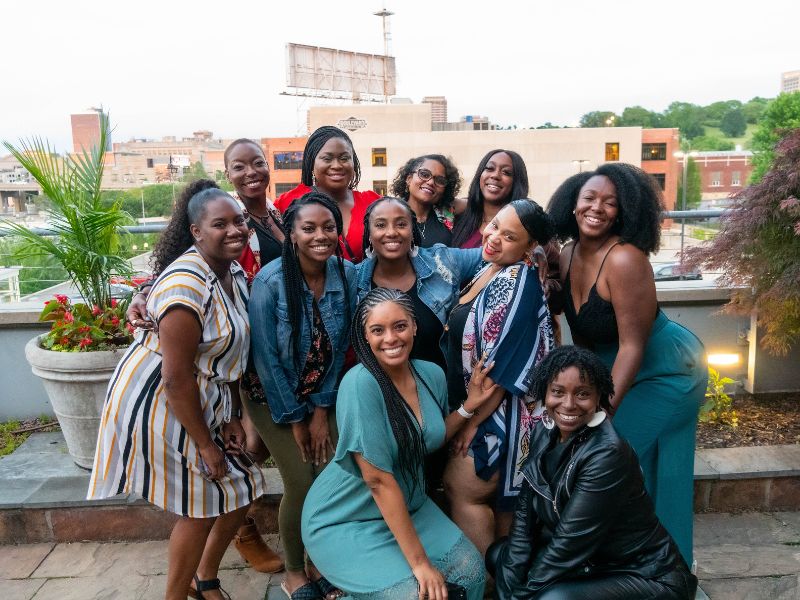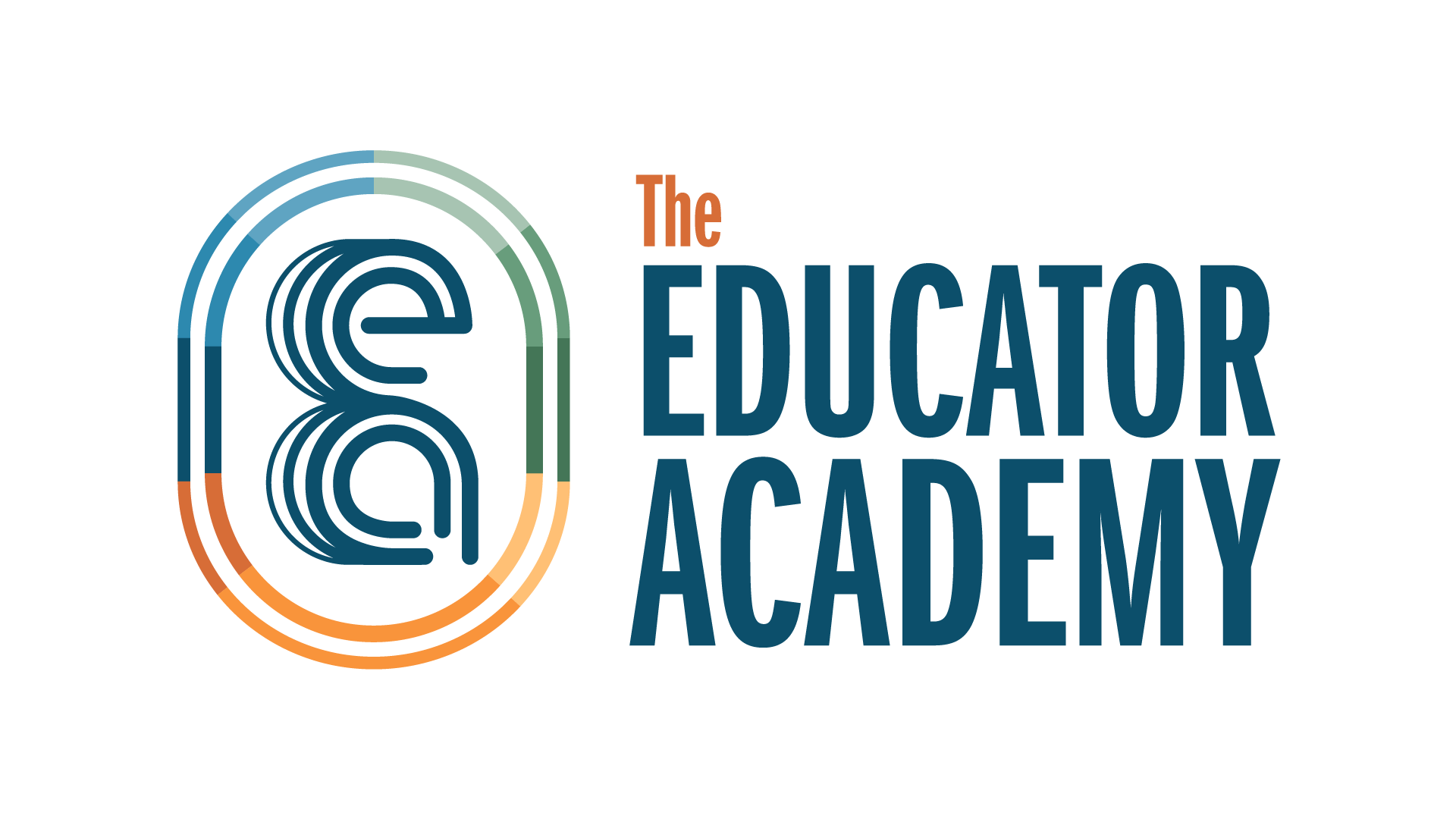
The Educator Academy works to make an equitable education system a reality. We want all students, regardless of their background or circumstances, to have access to a high quality education. To meet that end, we focus on preparing, developing and supporting diverse individuals in becoming teachers.
It’s well documented that even as student populations are continually more diverse, the teacher workforce remains predominantly white (Washington Post). In pursuit of preparing and supporting more teachers of color, we think it’s important to listen to the stories of teachers of color. Below a Black female Resident, Ashli Irvin, shares her experience of joining The Educator Academy and entering the classroom.
This content has been adapted to fit a blog format. All edits made were done so for website aesthetics and readability.
Sharing and Affirming Black Female Educator Experiences
The Importance of Representation
One of the most affirming experiences of my time as a The Educator Academy Resident is having an African American Instructor teach the Diversity, Equity, and Culturally Responsive Teaching segments, among other courses. Not just any instructor, but one who is active in the community that we live and work in, and passionate about child advocacy. She is an advocate for the Black and Brown voices within the program.
Impact of Community and Connection
What I appreciated the most was that we were about to candidly address racism within us before we considered the role of teaching. In fact, we were able to speak freely in affinity groups, which in my case were separated by race and gender (Black female), and discuss some of the major issues we face in the practice. I valued this experience because Black female educators’ voice is often not uplifted. Instead, we are expected to work harder, tend to make less and have the least amount of credit for the work we put forth daily in and out of classrooms.
Discussion topics like, “Do we feel supported as educators (people) of color?” sparked conversations. We made connections between general race disparities as well as career inequalities. It was interesting to see all the various perspectives of Black women and their different concerns within the profession. Though this experience happened a few times throughout the semester, it was empowering because it elevated our thoughts, placing value on our ideas and increasing our self-worth.
Building Equitable Spaces in Education
Oftentimes in formal education settings, for Black women, it seems as though the systems were not made with us in mind. Instead we have learned to adapt to what is given to us, and work harder than the next to be recognized. Equity within education is a fight we will advocate for for some time. Yet there are small changes circulating within these conversations. Dreams of which we can begin anew and create new norms as teachers who are child advocates.
Finding Connections with other Educators
This winter, I was able to meet a wonderful woman, Ms. Catina Taylor who was the founder and coordinator in a Black women’s empowerment group Elements of Education, here in Kansas City. This group aims to uplift the Black female educator’s voice. I shared with her my packed, and at times overwhelmed lifestyle as a mother, educator and full time graduate student. I told her that though there were a lot of support procedures in place, I still felt as if there was a void in some way.
After some self-reflection, I learned that the void was having a lack of meaningful connections in our career with people who not only looked like us, but shared the same values. It would be an integral part of longevity in the career, especially during tough post-COVID times. I was elated to be able to connect my fellow The Educator Academy Residents with Elements, as well as the other Black female educators at my current placement site. Though the year was weighing heavy on my and my cohort colleagues’ shoulders, it seemed to be a light. This light was met with hugs, “thank-yous” and “YAAAAAS!” as replies. It is safe to say that we were all excited to have some sort of saving grace.
Uplifting Black Women in Education
Uplifting Students
The nature of uplifting Black women goes beyond co-workers and classmates. The culture of uplifting transfers into the classroom with our students. This year in my placement classroom there are only 4 girls – 2 Hispanic, 1 White and 1 Black. It is important for me that all children feel valued, heard and seen, but especially girls. I like to encourage them to be bold and brave. I challenge them often, and highlight their strengths as well. In our room environment, I want the students to be okay with making mistakes and asking questions. All great learning starts with inquisition. Inquisitive learners who believe in themselves and know they have a trusted adult that advocates for them are powerful! In all areas big and small, I want to supported them.
My Desires in this Field
This whole experience has been a rollercoaster of learning challenges and emotions, yet I still feel inspired daily. I am inspired to keep the cycle of uplifting going on every level. I want many things in this profession. I want…
-
- To inspire young girls to meet their fullest potentials.
- My colleagues to feel valued and to use their voices within any professional space that they enter.
- My potential employers to know that I am a powerhouse, who identifies with my vibrance and walks in grace as well as passion.
- All students to know that I will advocate for their health and well-being, and encourage them to use their voices to make a bold statement themselves.
The Responsibility and Blessing of Being a Black Female Educator
Being a Black female educator does not begin and end with demographics. It comes with the responsibility to
-
- Shine a light in areas only we identify with.
- Take the learnings generously given to us and share with a friend or colleague.
- Connect people with supportive programs (like Elements of Education) and lead others to resources.
- Keep conversations going from a unique perspective in environments that may not welcome our ideas.
- Exemplify professionalism.
Being a Black female educator is a blessing and work. For those reasons, I am glad that I chose this career and am truly committed to up-lifting.
Interested in learning more about this pathway into the field of education? Learn more about our Residency program and apply today!

